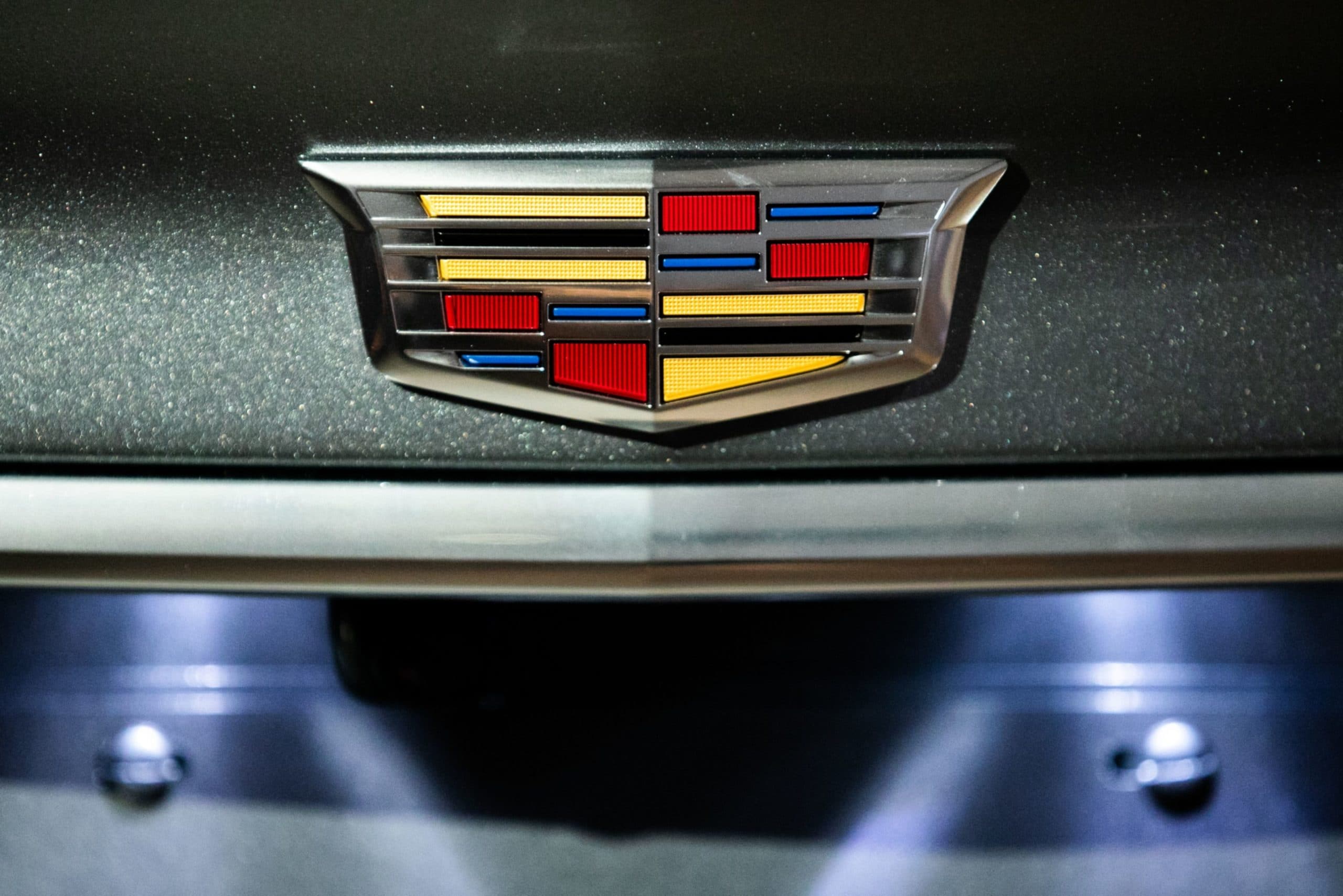Car Accident Insurance: 4 Things New Drivers Should Know
Driving a car on the road comes with certain risks. One of them is a catastrophic vehicular accident that can happen for several reasons. These can include over-speeding, distracted driving, reckless driving, driving under the influence of alcohol or drugs, and other similar situations. When a collision happens, you might end up getting injured yourself or causing an injury to other parties. Hence, if you’re a new driver, it’s essential to be extra cautious about getting behind the wheel. This is where purchasing car accident insurance comes into play.
Essentially, it refers to a type of insurance that can help drivers get compensated for the damage to their vehicle or pay other parties for the injuries sustained in an accident. However, dealing with car accident insurance can be confusing if you don’t know what you’re getting into.
Types Of Car Accident Insurance
It’s important to know the different car accident insurance options available. By doing so, you can choose one that can meet your needs and budget.
Liability coverage is basic car insurance that every driver should have. This auto insurance covers the expense (such as medical treatment for injury or payment for damaged property) of a car accident you cause to other people if you’re found at fault.
On the other hand, comprehensive car insurance plans provide additional coverage with another vehicle involvement or accident. This insurance covers other damages (such as vandalism and animal-related accidents) to your vehicle aside from collisions.
Uninsured motorist insurance offers protection from hit-and-run and uninsured drivers. Generally, this insurance is purchased with another auto add-on, underinsured motorist insurance (other driver’s car insurance isn’t sufficient to cover the damages).
In addition, personal injury protection insurance (PIP) covers loss of income and certain medical expenses. The amount depends on the policy limit (usually 80% of accident expenses).
Another type of car insurance is a green slip. A green slip or compulsory third party (CTP) insurance coverage can protect third parties (like pedestrians, passengers, and road users) from a personal injury due to road traffic accidents.
Do you already have one? If yes, don’t forget the green slip renewal. You can get all the information on this link at green slip renewal and order here as well.
Below are the four things new drivers should know about car accident insurance:
- Your Policy Applies Even If Someone Else Is Driving Your Car And Gets In An Accident
You might wonder whether your insurance policy can be responsible even if another person is driving your car and later gets involved in an accident. Generally, there’s a misconception that auto accident insurance applies to drivers only. But the reality is that the policy covers the vehicles and not the individuals operating them.
Hence, if your friend or family member had a crash while driving your car, your insurance policy will pay the damages, depending on the type of coverage you have. When this happens, a car accident claim can become more complicated to handle. As such, you need to call an experienced attorney to discuss your situation correctly.
- You End Up Paying More If You Let Your Policy Lapse
Allowing your car accident insurance policy to lapse doesn’t benefit your situation as a new driver. Since most insurance companies treat drivers with no coverage as risky, they provide higher insurance rates than those who keep their policies in full force and effect.
So, if you don’t want to get burdened by the payment of higher insurance premiums, don’t let your policy expire even for a day. Even if you’ve decided not to drive a vehicle for a while, avoid making abrupt decisions and contact your insurer instead. They might have better options for your situation than ending up paying a considerable amount of money in the long run.
- Having Higher Deductibles Can Reduce The Amount Of Premiums To Pay
Typically, car accident insurance rates are calculated based on some fundamental factors. These can include your age, gender, marital status, credit score, place of residence, driving record, and other similar factors. However, despite the factors that go into the computation, some ways can lower the amount you need to pay as premiums. One of them is raising your insurance deductibles or the amounts of money you should pay when filing a claim with your insurer.
Thus, if you agree to make larger payments of your damages, your insurance service provider will also agree to reduce your premium, allowing you to save more money. But, if you opt to avail yourself of lower premiums, you need to ensure you have enough money to cover the deductibles when making an accident insurance claim.
- Car Accident Insurance Policies Cover Different Categories
When taking out a car accident insurance policy, you should know that there are various types of categories to keep in mind. Understanding these things can help you choose the right coverage you need for your insurance. The standard policy coverage categories can include:
- Property Damage Liability
Your policy will be responsible for paying damages to another person’s property that has been destroyed in an accident due to your fault.
- Bodily Injury Liability
When someone else was injured or killed in an auto collision that was your fault, this coverage will compensate you for the medical expenses and other damages sustained by the injured party.
- Personal Injury Protection
This coverage is designed to compensate you for the injuries and other damages you suffered in the accident. This also applies to the injured passengers riding in your vehicle at the time of the crash.
- Uninsured Or Underinsured Coverage
This coverage will pay damages for the injury you or your passengers sustained in an accident caused by the other driver who has no insurance, has an unknown identity or is underinsured.
Bottom Line
As a new driver, having car accident insurance is essential. Since the odds of getting into an accident are high, you need to make sure your vehicle is insured to avoid paying more money. Therefore, if you’ve decided to obtain an insurance policy, keep the information mentioned above in mind to help you make sound decisions. That way, you can rest knowing you have the proper insurance to cover you in case of a collision.




